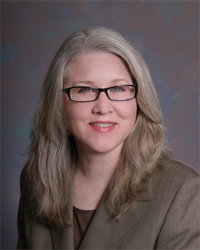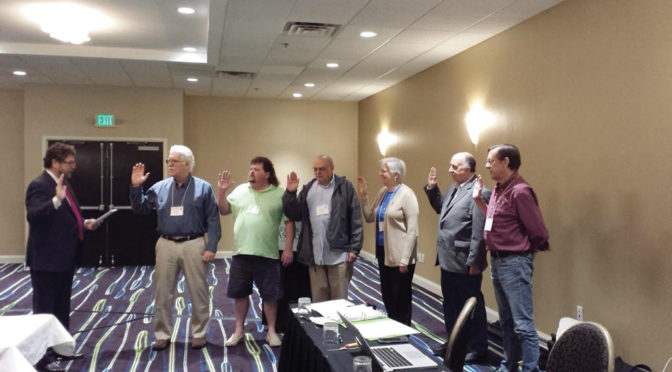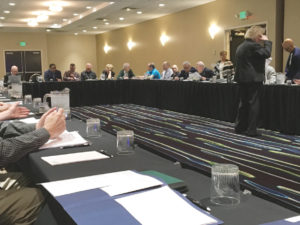Union Plus
Unions are all about improving the quality of life for hardworking men and women. The contractual gains enjoyed by bargaining unit members have a direct correlation to the solidarity within the unit. We are strongest and able to achieve maximum results in bargaining when we act together as one. Simply put, collective action translates into better contracts.
There are many ancillary benefits that come from being a union member. One such benefit is access to Union Plus. In 1986 the AFL-CIO founded a nonprofit organization called Union Privilege. The Union Plus programs harness the collective buying power of 13 million union members and their families offering a variety of exclusive consumer benefit programs. Credit card, mortgage, auto insurance, life insurance, and accidental death and dismemberment insurance are just a few of the programs offered by Union Plus. Participating in some of the programs bring additional benefits such as strike, mortgage, and hospital assistance, as well as credit counseling with a free budget analysis, savings on prescription drugs, and discounts on movie tickets, car rentals, gifts, and flowers.
A little known benefit is the Union Plus Scholarship Program. Since the program’s inception in 1991, more than 2,800 union families have benefitted from the $4.2 million awarded to students who want to begin or continue their post-secondary education. This year I am pleased to announce that we have an AFM recipient from Local 105 (Spokane, WA). Kristin Joham will be receiving a $1,000 scholarship. She was one of 160 recipients. Congratulations to Kristin!
Next year’s scholarship application deadline is 12:00 pm (Eastern Time), January 31, 2018. More information about Union Plus scholarships and other Union Plus programs can be found on the UnionPlus.org website.
Department for Professional Employees
In 1977 the AFL-CIO formed the Department for Professional Employees (DPE) to meet the growing needs of professionals who are unionized. The DPE has 23 national union affiliates who represent more than
4 million professional, technical, and highly skilled workers. Musicians, actors, engineers, teachers, nurses, psychologists, and computer scientists are among those represented. DPE meetings provide a forum “to discuss matters of common concern and coordinate efforts to address them.”
Under the DPE umbrella is the Arts, Entertainment and Media Industries (AEMI). Entertainment unions that are AEMI affiliates meet regularly in New York City where we discuss issues that impact the entertainment industry such as federal funding for the arts (NEA, NEH, CPB), visas for artists entering the US and/or Canada, legislation that impacts Internet usage, and airline policies for musical instrument carry-on. These issues are important to musicians and AEMI enables the arts and entertainment unions to speak to the federal government with one clear and consistent voice.
Recently, I attended the DPE General Board and Quadrennial Election meeting in Washington, DC. I feel honored and privileged to have been elected one of the nine general vice presidents who serve on the DPE Executive Committee. I look forward to representing the AFM on the DPE Executive Committee and bringing our issues and concerns to that forum.















